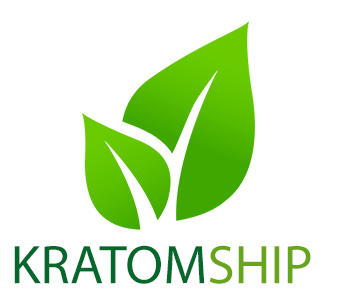Kratom is a tropical tree native to Southeast Asia, particularly Indonesia, Thailand, Malaysia, and Papua New Guinea. Its leaves contain active compounds that have stimulant and opioid-like effects when consumed.
Kratom as Alternative Medicine
While some proponents believe that kratom has medicinal properties and can be used as an alternative medicine, it’s important to approach its use with caution and to be aware of potential risks.
Reported Benefits and Limited Evidence
Advocates of kratom suggest that it can be used for various purposes, such as pain relief, managing anxiety or depression, boosting energy levels, improving focus and concentration, and aiding in opioid withdrawal. However, it’s crucial to note that the scientific evidence supporting these claims is limited, and many of the reported benefits are based on anecdotal experiences rather than rigorous clinical trials.
Potential Risks and Side Effects
It’s also important to be aware of the potential risks associated with kratom use. The main active compounds in kratom, mitragynine and 7-hydroxymitragynine, can interact with opioid receptors in the brain, leading to analgesic and sedative effects. However, this interaction also poses the risk of addiction and dependence, similar to other opioids. In fact, there have been reports of kratom-related deaths and adverse effects, including liver damage, seizures, and respiratory depression.
Quality Control and Safety Concerns
Furthermore, kratom products available in the market are not regulated as strictly as pharmaceutical drugs, which means there can be variations in quality and purity. Contamination with other substances or inconsistent dosages can pose additional risks.
Caution and Consultation
Given the potential risks and lack of substantial scientific evidence supporting its use, it’s important to exercise caution if considering kratom as an alternative medicine. It is advisable to consult with a qualified healthcare professional who can provide personalized guidance based on your specific health condition and history. They can help you weigh the potential benefits against the risks and explore other available treatment options.
Related posts:
- Kratom and Focus: Exploring Its Cognitive Enhancement Properties When it comes to cognitive enhancements, Kratom has gained significant...
- Kratom and Opioid Addiction: Can It Be an Effective Treatment Kratom is a tropical tree native to Southeast Asia, and...
- Traditional and Cultural Uses of Kratom Kratom, scientifically known as Mitragyna speciosa, has a long history...
- Kratom and Fitness: Examining Its Potential Use in Athletic Performance and Recovery Athletes and fitness enthusiasts are constantly seeking ways to enhance...


